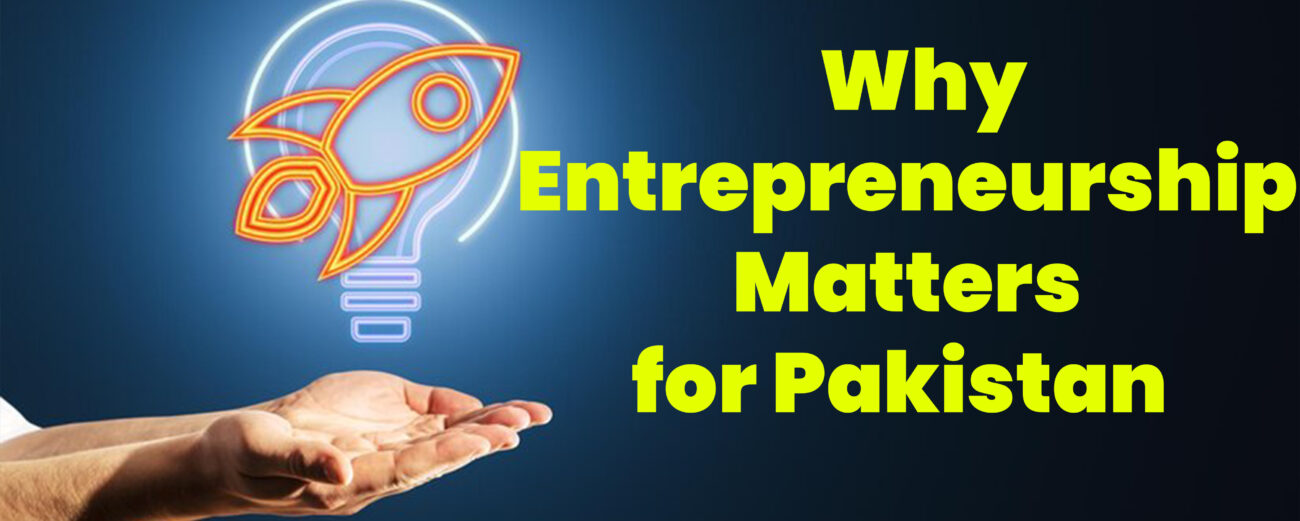A silent revolution is happening worldwide. A growing number of people are stepping away from traditional career paths to pursue their dreams by starting their businesses. From tech startups in Silicon Valley to small businesses in remote villages, entrepreneurship has become a global force transforming economies and societies. It’s not just about making money; it’s about solving problems, creating opportunities, and making meaningful change.
The worldwide wave of entrepreneurship has started to grow in response to new economic realities. Corporate layoffs and automation have disrupted traditional jobs, ending the job security once provided by big corporations. For many, entrepreneurship has become not only a career option but a necessity. Those who dare to innovate launch new products, enter foreign markets, and—most importantly—create jobs for others.
Hope for Economic Revival
In many developed and developing countries, entrepreneurship has transformed economies by introducing new ideas, increasing efficiencies, and meeting unmet needs. Startups and small businesses are now recognized as key contributors to GDP, innovation, and job creation. As the world quickly enters the digital age, entrepreneurs are becoming agents of global change.
Importantly, this trend is not limited to highly developed, innovation-focused economies such as the United States, Japan, Korea, Singapore, the United Kingdom, France, Italy, or Germany. It has spread to efficiency-driven economies (China, India, Indonesia, Malaysia), and even to factor-driven economies such as Egypt, Iran, Ethiopia, and Pakistan, where resources are limited and infrastructure is still developing. These regions have seen firsthand, how entrepreneurial ventures can provide not just livelihoods but hope.
How it Helps Economies
Economies are often categorized into three types:
- Innovation-Driven Economies – where economic growth is led by innovation and technological advancements.
- Efficiency-Driven Economies – where growth is sustained through improved productivity and industrialization.
- Factor-Driven Economies – where growth relies heavily on natural resources, low-skilled labor, and traditional methods.
Entrepreneurship plays a role in all three, but in factor-driven economies like Pakistan, it is often the most vital. It can reduce dependency on outdated systems, inject creativity, and help countries leap into higher stages of economic development.
Pakistan’s Economic Challenges
Pakistan is categorized as a factor-driven economy. For decades, it has faced numerous economic challenges, rising inflation, trade deficits, energy shortages, limited industrial diversity, and, most alarmingly, increasing unemployment. Recent crises have worsened these problems, reducing opportunities for young people and boosting dependence on remittances and external loans.
In such a situation, relying solely on traditional government jobs or foreign aid is neither sustainable nor effective. What Pakistan needs now is a cultural and economic transformation—one that encourages entrepreneurship as a viable and supported career option.
Why Pakistan Needs this Growth
Pakistan is rich in human potential, particularly its young population, which makes up more than 60% of the total population. However, this youth bulge can become a burden if not channeled properly. Entrepreneurship offers a path to empower them, especially in regions where formal jobs are scarce.
There is immense untapped potential in sectors like:
- Agriculture– New ways to store, process, and market can greatly improve efficiency and make farmers more money.
- Technology – Freelancing, app development, websites, and digital marketing are booming opportunities.
- E-commerce – Small businesses can sell products online to people in Pakistan and beyond without a physical store.
- Education and Health Services – Education tech and health tech startups can fill gaps left by public services.
- Tourism– Especially seasonal tourism in regions like Azad Jammu & Kashmir, Gilgit-Baltistan, and Khyber Pakhtunkhwa, along with historical sites of Gandharan and Indus Valley Civilizations. There are many famous historical sights of post-Gandharan period, such as Hindu temples, and Mughal architecture. Post-Mughal era also attracts tourists to its charm, buildings constructed under British Raj.
Women, minorities, and rural communities can benefit from micro-entrepreneurship programs, which will enable financial independence and personal development.
How to Make Ventures Easier
According to Steve Case, “the government can create an environment where innovation and entrepreneurship can thrive, not by providing the certainty of success, but by mitigating risk and expanding the scale of opportunity.” To make entrepreneurship a reality, I believe there are seven key areas where the government should concentrate:
- Policy Support –Making it easy to register a business, offering tax breaks, and framing start-up-friendly laws.
- Access to Funding –Encouraging banks and investors to give loans or funds to new businesses.
- Education & Training – Introducing entrepreneurship courses in schools, colleges, and universities, and organizing startup boot camps.
- Mentorship – Connecting aspiring entrepreneurs with successful business leaders and incubators for guidance.
- Infrastructure – Ensuring access to the internet, electricity, and good roads to support business activities.
- Protection against Corruption—Creating a transparent system where entrepreneurs feel safe from bureaucratic overreach to invest and grow.
- Fostering Culture of Innovation—Encouraging calculated risk-taking and reducing cultural barriers that discourage entrepreneurship.
If these steps are taken, Pakistan will rise in the global entrepreneurship ranking and take a leading role in innovation, like China (43rd) and India (68th). According to the Global Entrepreneurship and Development Institute report, Pakistan ranks 120th out of 137 countries.
Success Stories
Encouraging signs are already emerging. Several Pakistani entrepreneurs have built impactful businesses. Their startups have gained international recognition. A few examples have been given below:
- Bykea, founded by Muneeb Maayr in 2016, is the largest network of motorbikes serving on-demand transport, logistics, and courier services.
- Buksh Foundation, co-founded by Fiza Farhan, is a microfinance institution operating in Pakistan since April 2009, with a mission of alleviating poverty.
- Markhor, co-founded by Waqas Ali and Sidra Qasim in 2012, is a global brand for handmade shoes.
- Nayatel, founded by Wahaj-us-Siraj in 2006, is an internet service provider.
- Bazaar Technologies, co-founded by Hamza Jawaid and Saad Jangda in 2020, is a leading e-commerce and financial services platform.
- Soloinsghit, founded by Farhan Masood in 2012, is a company specializing in Physical Identity and Access Management (PIAM) solutions.
The entrepreneurs of these companies are an inspiration for others to follow in their footsteps and become agents of change.
Entrepreneurship matters in Pakistan because it can serve as a tool for national revival. It has the power to unlock economic opportunities, reduce poverty, and build a resilient society. With a young population, a growing digital market, and inspiring success stories, Pakistan has the ingredients to become a land of opportunities for entrepreneurs.
But for this to happen, mindsets must change. Youth must be encouraged to think beyond degrees and jobs. Policymakers must prioritize entrepreneurial development. Society must celebrate entrepreneurs just as it celebrates bureaucrats and corporate leaders.





MashaaAllah sir
Well written blog. Looking forward to read more like these .